- Home
- Non Fiction
- The Gamble - General David Petraeus and the American Military Adventure in Iraq, 2006-2008
The Gamble - General David Petraeus and the American Military Adventure in Iraq, 2006-2008
By: Thomas E. Ricks
-
Rs 400.00
- Rs 500.00
- 20%
You save Rs 100.00.
Due to constant currency fluctuation, prices are subject to change with or without notice.
Churchill and Orwell: The Fight for Freedom
By: Thomas E. Ricks
Rs 657.25 Rs 1,195.00 Ex Tax :Rs 657.25
The Gamble - General David Petraeus and the American Military Adventure in Iraq, 2006-2008
By: Thomas E. Ricks
Rs 400.00 Rs 500.00 Ex Tax :Rs 400.00
Churchill and Orwell - The Fight for Freedom
By: Thomas E. Ricks
Rs 897.75 Rs 1,995.00 Ex Tax :Rs 897.75
The Gamble : General Petraeus and the Untold Story of the American Surge in Iraq, 2006-2008
By: Thomas E. Ricks
Rs 4,045.50 Rs 8,990.00 Ex Tax :Rs 4,045.50
Zubin Mehta: A Musical Journey (An Authorized Biography)
By: VOID - Bakhtiar K. Dadabhoy
Rs 472.50 Rs 1,050.00 Ex Tax :Rs 472.50
The 10 Trillion Prize Captivating thely Affluent in China and India
By: Michael J. Silverstein
Rs 987.75 Rs 2,195.00 Ex Tax :Rs 987.75
The Origins of Political Order From Prehuman Times to the French RevolutioN
By: Francis Fukuyama
Rs 3,505.50 Rs 3,895.00 Ex Tax :Rs 3,505.50
The 10 Trillion Prize Captivating thely Affluent in China and India
By: Michael J. Silverstein
Rs 987.75 Rs 2,195.00 Ex Tax :Rs 987.75
No recently viewed books available at the moment.
Zubin Mehta: A Musical Journey (An Authorized Biography)
By: VOID - Bakhtiar K. Dadabhoy
Rs 472.50 Rs 1,050.00 Ex Tax :Rs 472.50
Churchill and Orwell: The Fight for Freedom
By: Thomas E. Ricks
Rs 657.25 Rs 1,195.00 Ex Tax :Rs 657.25
The Gamble - General David Petraeus and the American Military Adventure in Iraq, 2006-2008
By: Thomas E. Ricks
Rs 400.00 Rs 500.00 Ex Tax :Rs 400.00
Churchill and Orwell - The Fight for Freedom
By: Thomas E. Ricks
Rs 897.75 Rs 1,995.00 Ex Tax :Rs 897.75
The Gamble : General Petraeus and the Untold Story of the American Surge in Iraq, 2006-2008
By: Thomas E. Ricks
Rs 4,045.50 Rs 8,990.00 Ex Tax :Rs 4,045.50
The 10 Trillion Prize Captivating thely Affluent in China and India
By: Michael J. Silverstein
Rs 987.75 Rs 2,195.00 Ex Tax :Rs 987.75












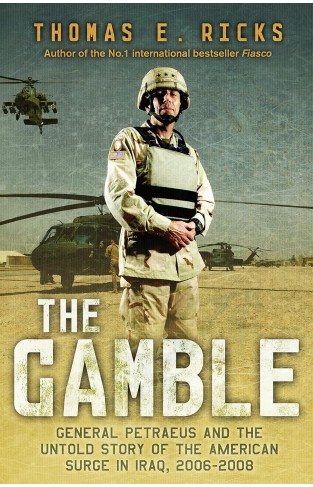
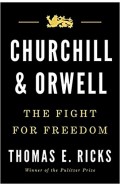
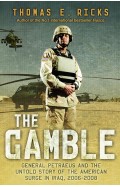
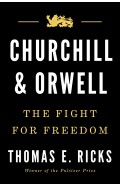

-120x187.jpg?q6)





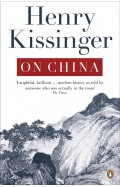







-120x187.jpg?q6)

